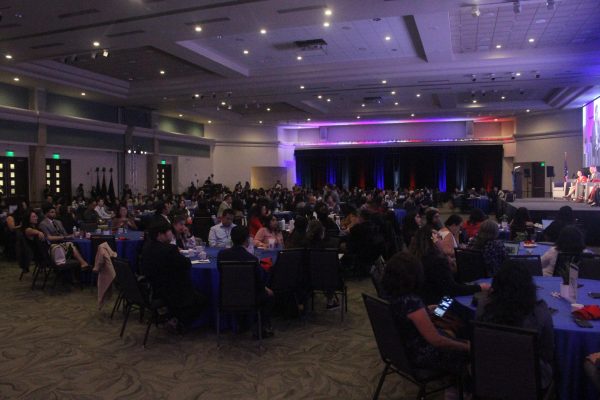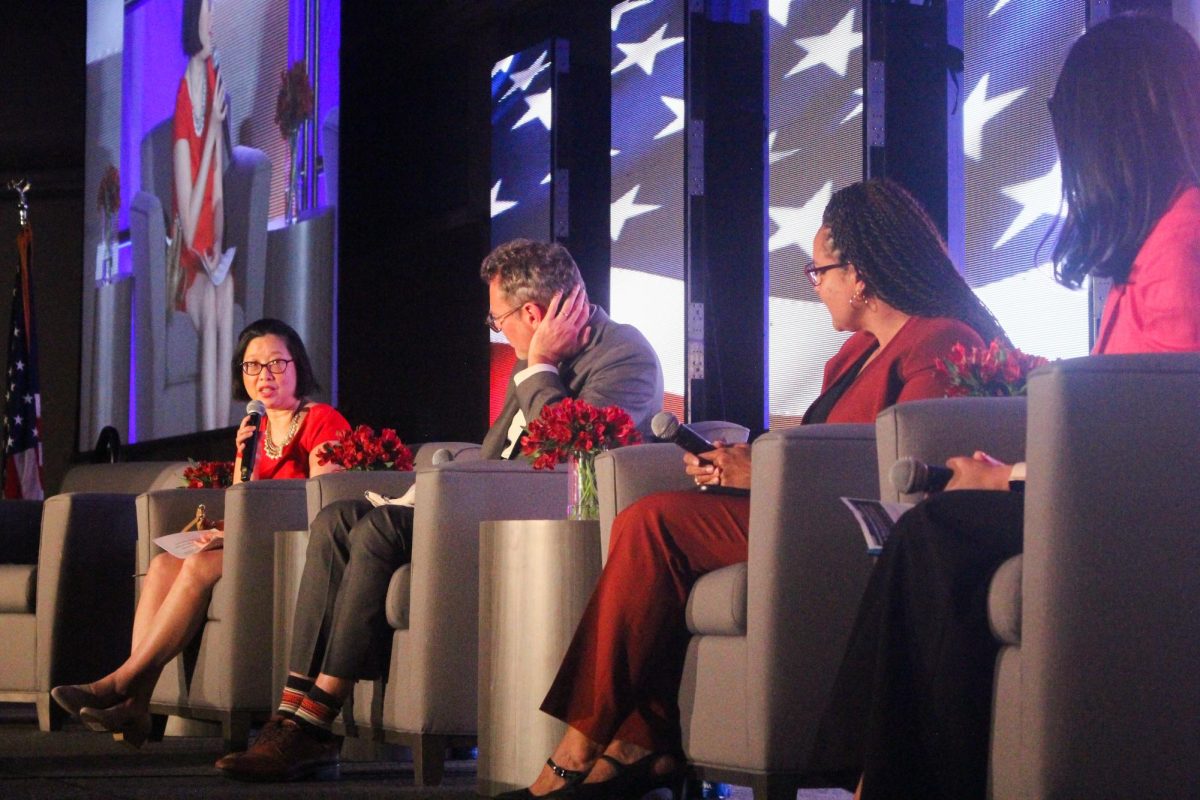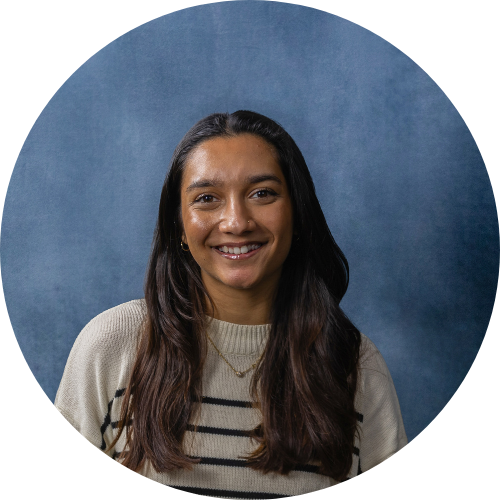Editor’s note: The usage of ‘AAPI’ as opposed to other abbreviations reflects the preferred terminology used by event organizers and sources included throughout the story.
Sacramento State opened its doors to directors and commissioners from all over the country for the inaugural 2024 Asian American Pacific Islander (AAPI) Policy Summit on Wednesday.
The summit was held in the University Union Ballroom, with the theme ‘Engaging our communities: Democracy Beyond the Ballot Box.’ The event lasted from 8 a.m. to 3:30 p.m. and food was served to the guests. The event aimed to discuss the challenges faced by the AAPI community and bring together organizations with like-minded ideas and hopes.
There were a number of notable speakers present at the event, such as Kevin Kish, the Director of the California Civil Rights Department. Kish shed light on how the department’s initiatives have helped encourage equity within the AAPI community and how they are making state government easily accessible.
During Kish’s panel, he explained how he hopes to discuss civil rights with students and help bring in their input on issues that involve the AAPI community. A key priority for Kish and the California Department of Civil Rights is to stop discrimination toward the AAPI community and teach them about their rights, stating that if threats increase against one ethnic minority group, they increase for all other groups too.
“One early influence in my life was growing up in a Quaker family. It’s a community that has a very strong focus on equality and social justice,” Kish said. “So from a very early age, I was being exposed to concepts of justice and injustice and wanting always to work for justice.”
RELATED: CHLFSA calls on Sac State to increase Latinx/Chicanx representation and leadership
Outreach and Education Manager for the California Department of Civil Rights, Fernando Ponce, highlighted the importance of the department. Its work includes educating residents on their rights within the workplace and in public and how to detect less obvious forms of discrimination.
“What we do is we protect everyone’s civil rights. There is no distinguishing in the population. If they are targeted, they have the same protection as everyone else,” Ponce said. “A lot of the time, what we have to do is emphasize the things that may be normalized but make you feel bad are actually discrimination.”

Kim Johnson, Secretary of the California Health and Human Services Agency, was also present during the panel. She shared how her department’s critical priority is language access within the AAPI community.
“When we are talking about language, we are talking about saving lives. We are talking about the ability to understand information in order to keep ourselves safe,” Johnson said.
Pam Chueh, Chief Equity Officer of the California Government Operations Agency, shared details about how her personal life has motivated her to bring about equity within the AAPI community. Chueh said she came to America as a scared 9-year-old who did not speak much English. She said this inspired her to be a voice for those who do not have one by working for Warmline Family Resource Center, a small Sacramento-based nonprofit organization that serves children with disabilities.
Junior political science major from UC Davis, Mikayla Lavirotia, said she had heard about the summit from a school organization for American Pacific Islanders and was excited to attend.
“I think that there is a lack of representation, especially in politics,” Lavitoria said. “It’s really important to have events like these, where people can come together and talk and network.”
Attendee Derrick Tang, Deputy Director of Venture Capital, explained that despite AAPI being a long acronym, there are so many stories that each ethnic minority group brings that should be highlighted. Tang works with entrepreneurs to educate them on all the different forms that underrepresentation may take.
Tang said that he enjoyed the passion that the panelists put into their work as it’s reassuring to hear that people are looking after the community’s needs, especially in today’s time when misinformation is putting the AAPI community in danger.
“I think the AAPI status is often overlooked,” Tang said. “It’s the first of this kind of summit that is focusing on the community, so this is our chance to literally take the stage, where we get a voice.”

























































































































